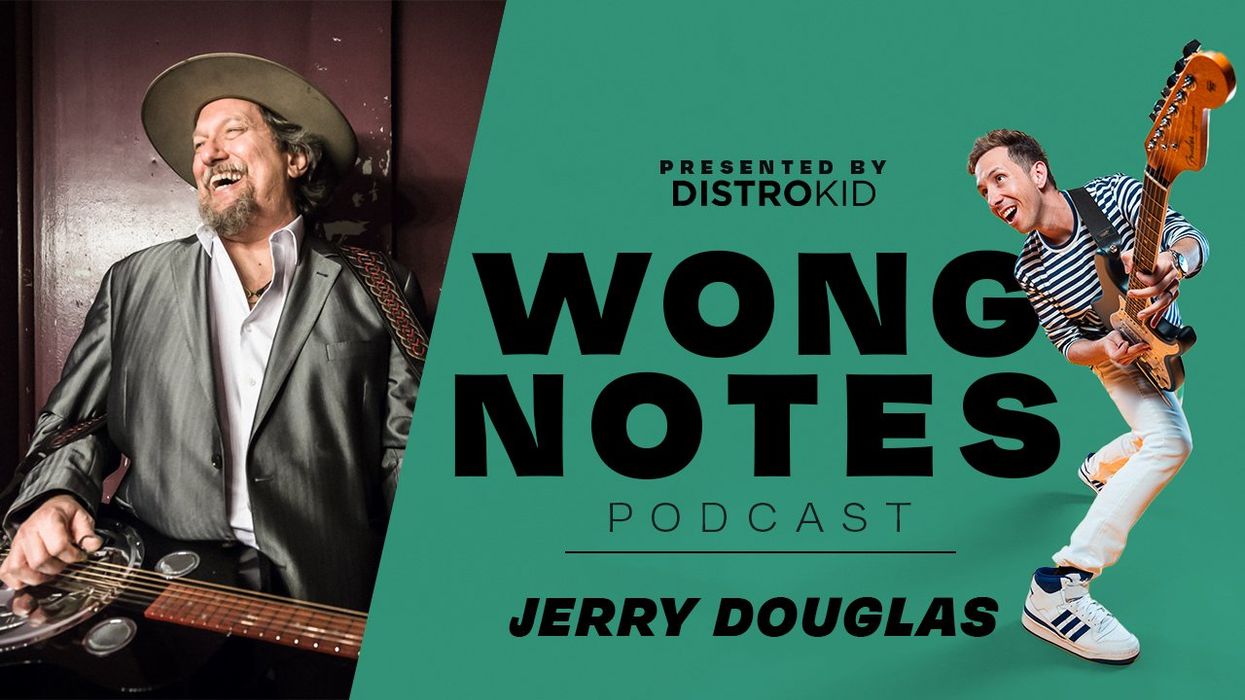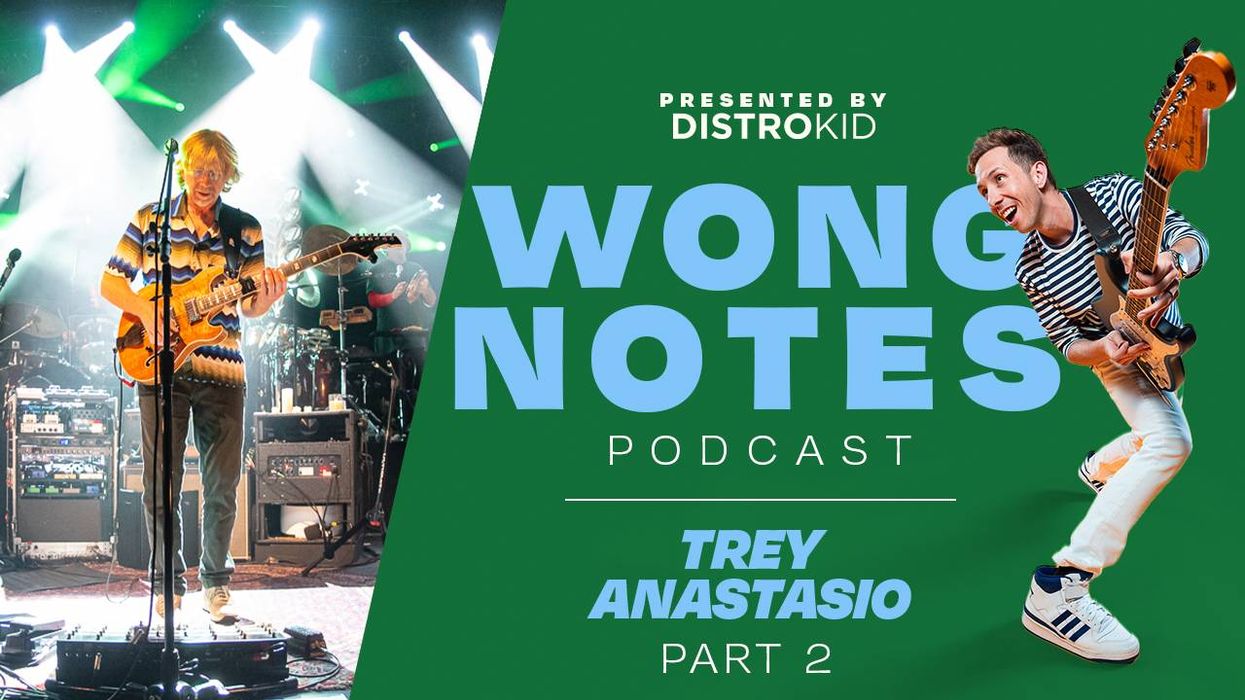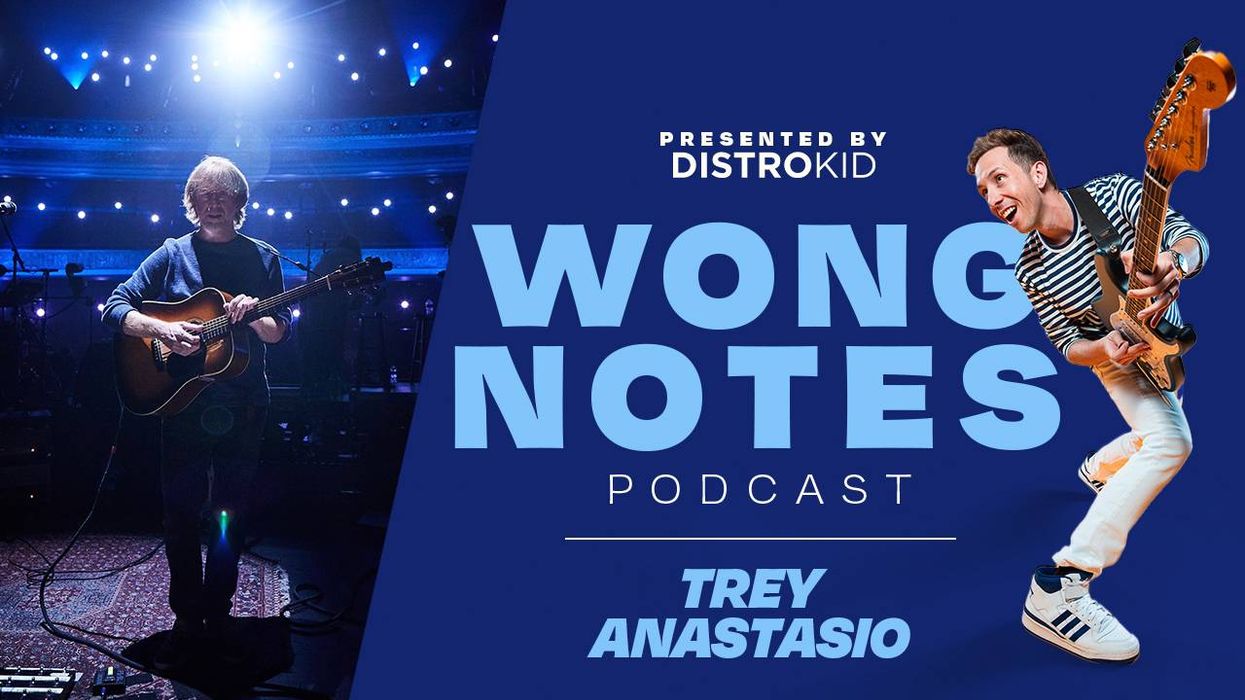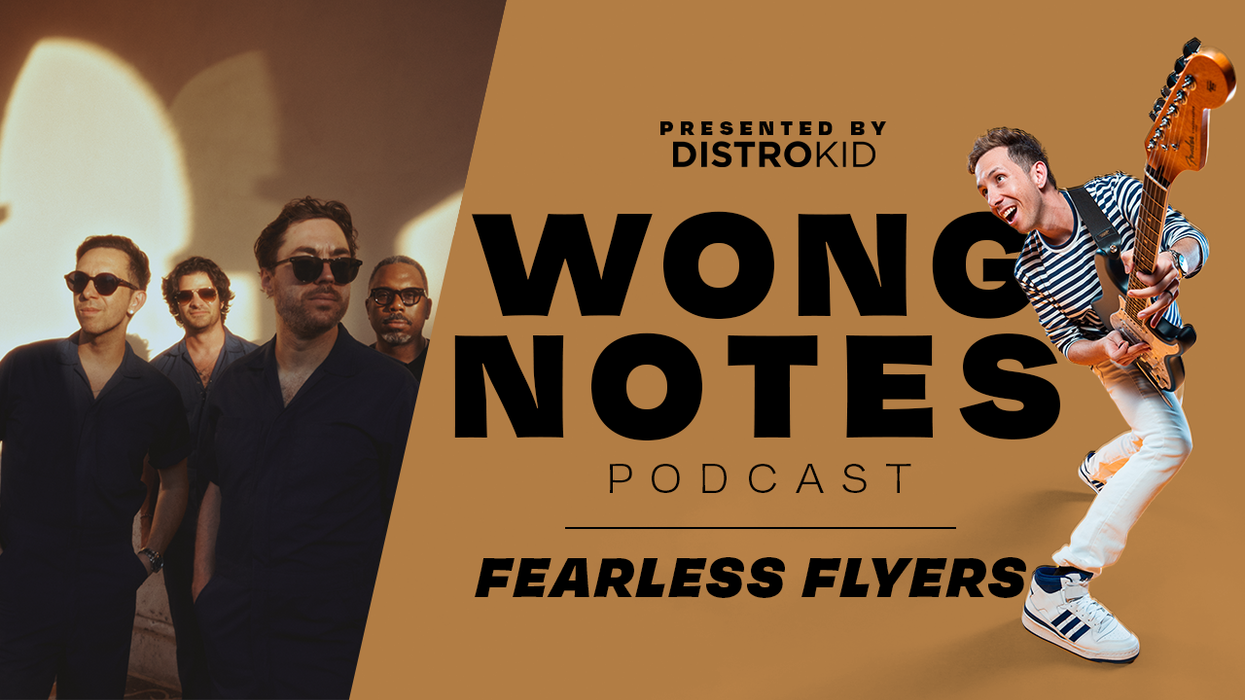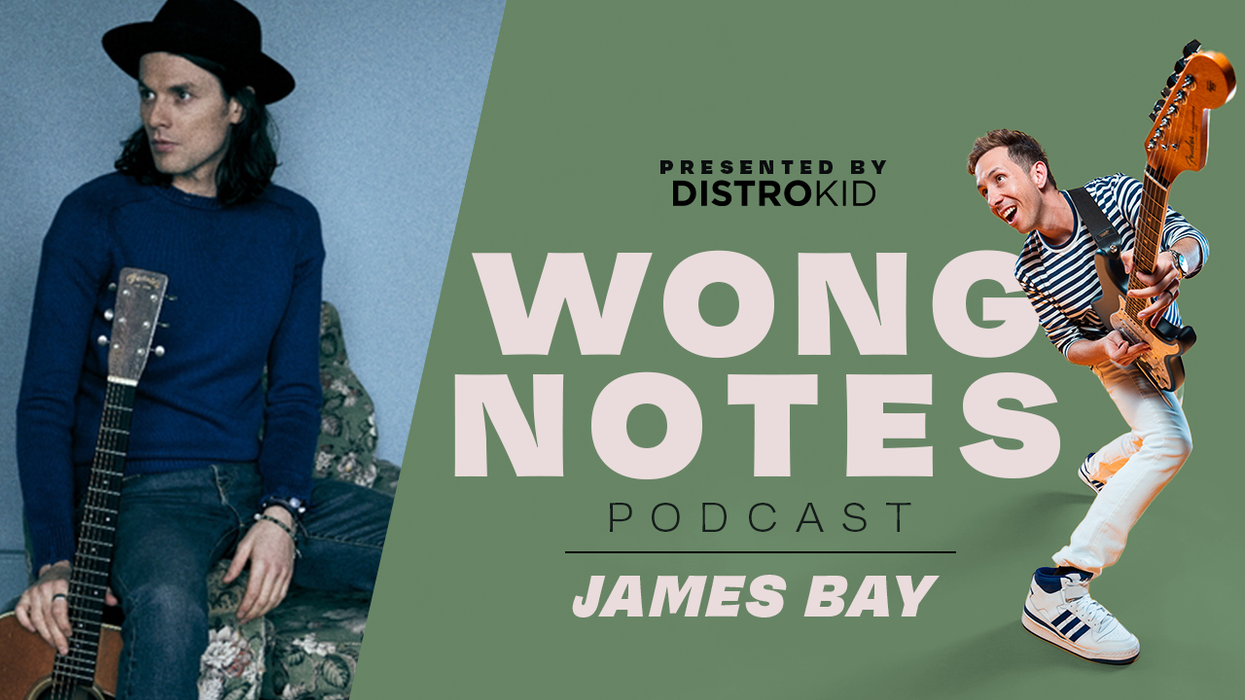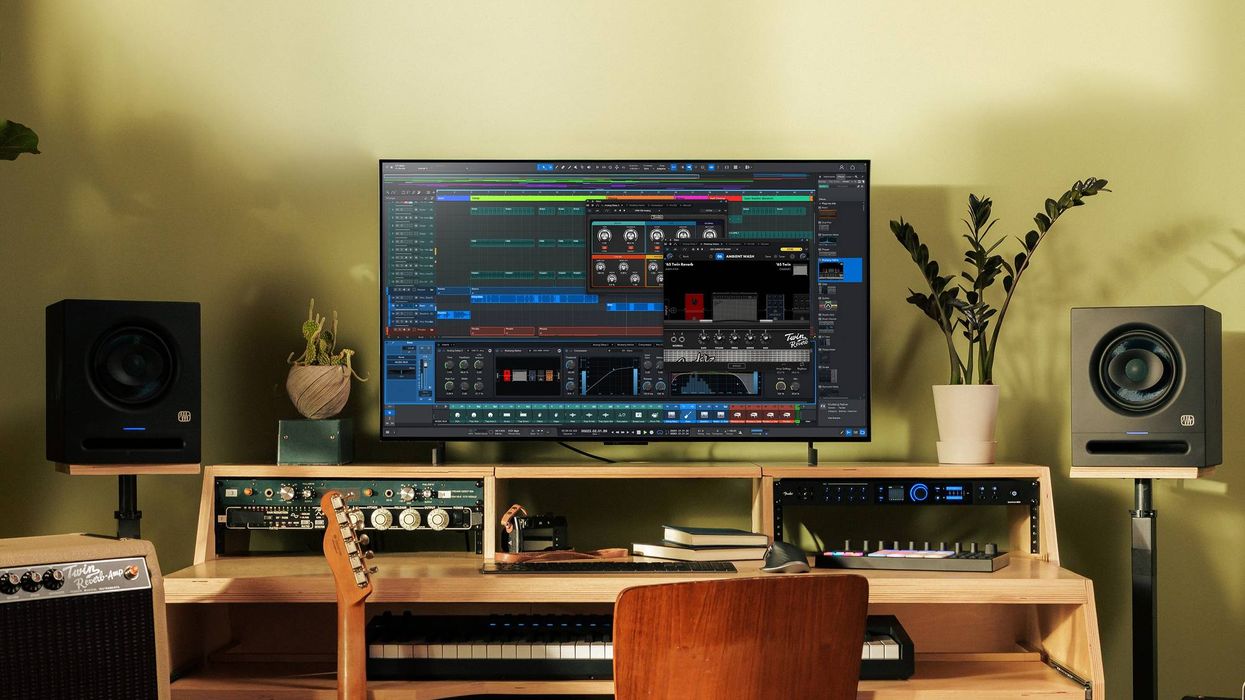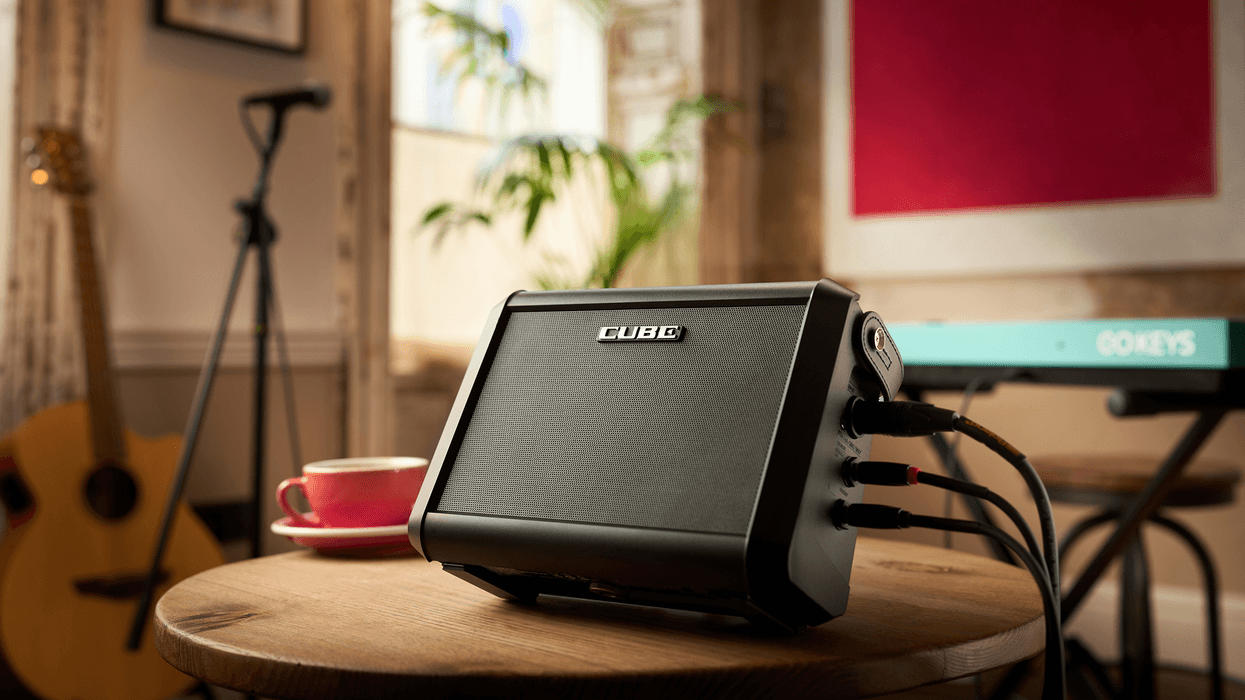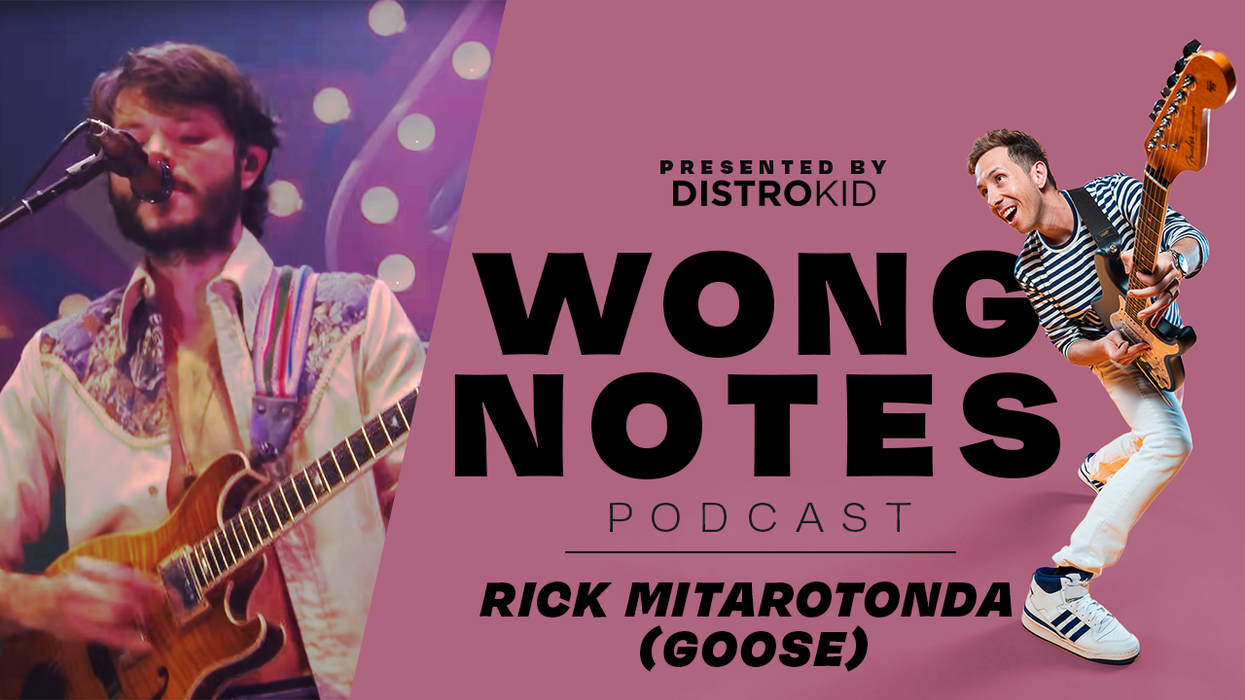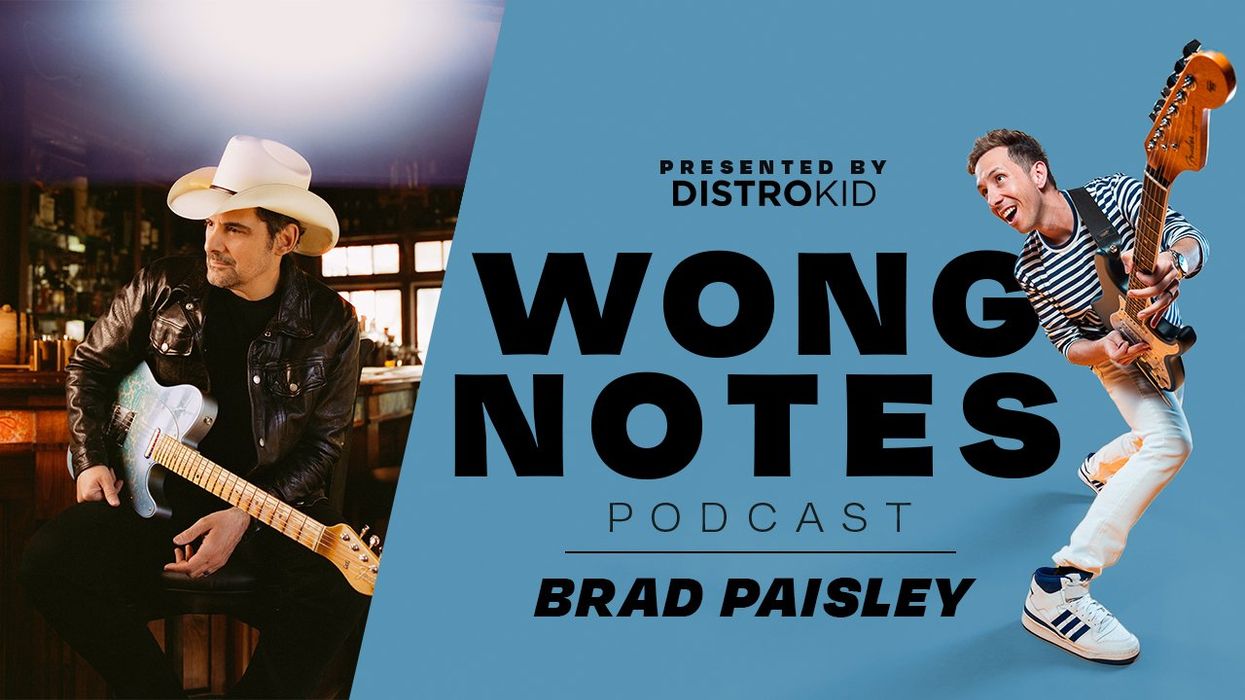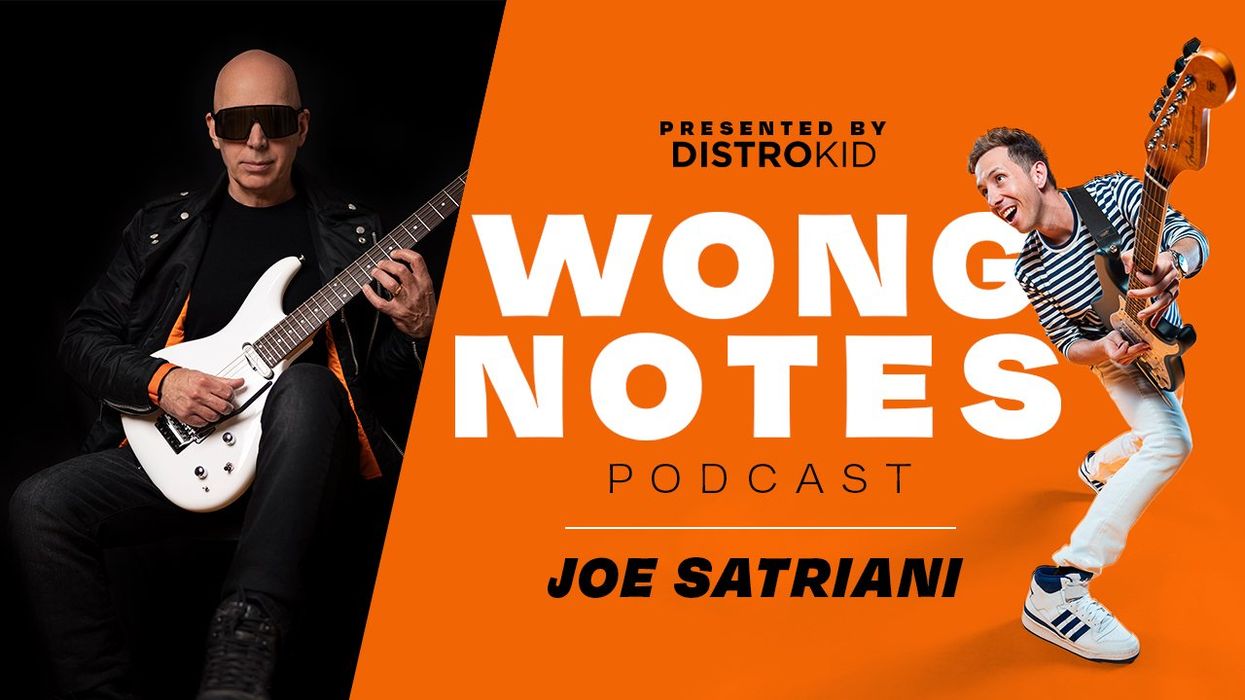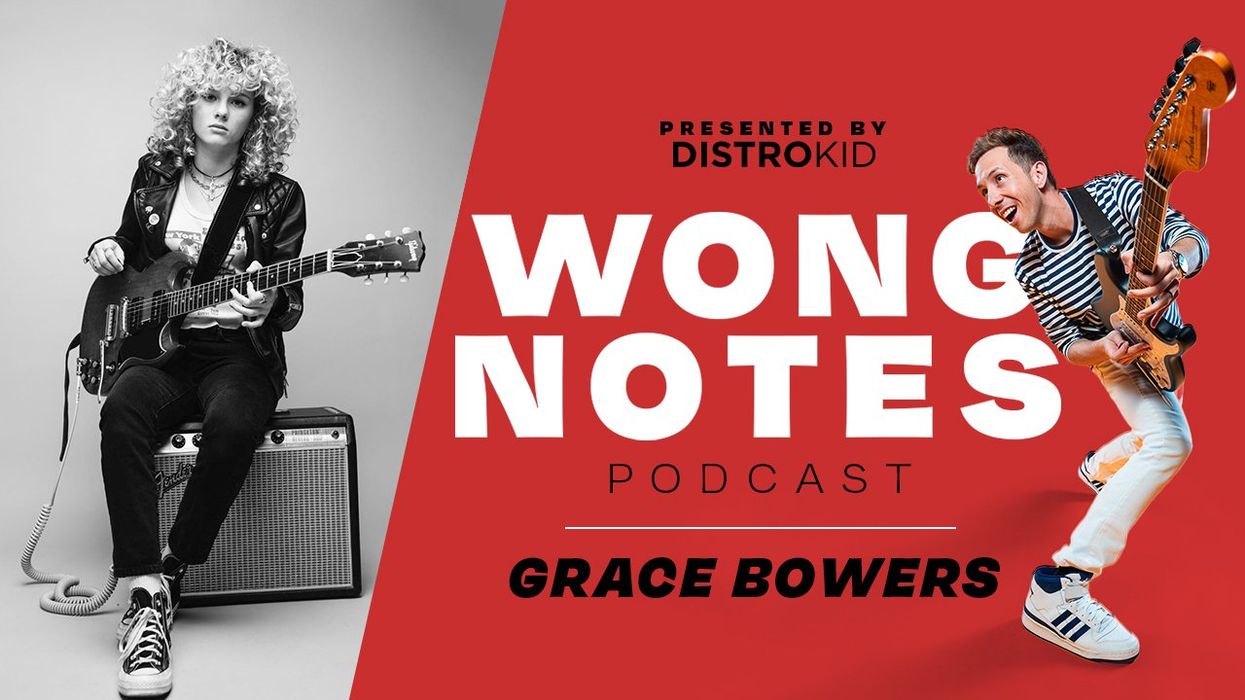The legendary Dobro player talks about how to get session work, working with Allison Kraus, and the “baton pass” involved in recording great songs.
Bluegrass music is bigger than a genre. It’s become an entire world of ideas and feelings in the popular American imagination. And musician Jerry Douglas has been a key part of its celebration and revival over the past 30 years. “It's an old form of music that came from people in the south playing on the porch and became this juggernaut of a genre,” says Douglas. “It’s a character. It's a physical music.”
Douglas has racked up an impressive cabinet of accolades, including Grammys, American Music Association Awards, and International Bluegrass Music Association Awards. He’s been dubbed the CMA Awards’ Musician of the Year three times, and played with everyone from Allison Krauss and Elvis Costello to Bela Fleck and John Fogerty. He’s an encyclopedic guide to contemporary American roots music, and on this episode of Wong Notes, he walks Cory Wong through the most important moments in his 50-year career.
Tune in to hear Douglas’ assessment of bluegrass’ demanding nature (“Honestly, there's not so many genres nowadays that require as much technical facility as something like bluegrass”), what’s required of roots players (“Get it right, get it fast, make it hook”), and why the O Brother, Where Are Thou? soundtrack connected with so many listeners. Wondering how to get involved with session work? Douglas says there’s no one-size-fits-all answer, and what worked for him might not work today. The key is to be dynamic—and know when to keep your mouth shut.
There are plenty of gems in this interview, like Douglas’ thoughts on what makes a good solo, but the most significant might be Douglas’ big takeaway from decades of sitting in on communal roots-music sessions. “We can play in all genres,” says Douglas. “We just have to listen.”


